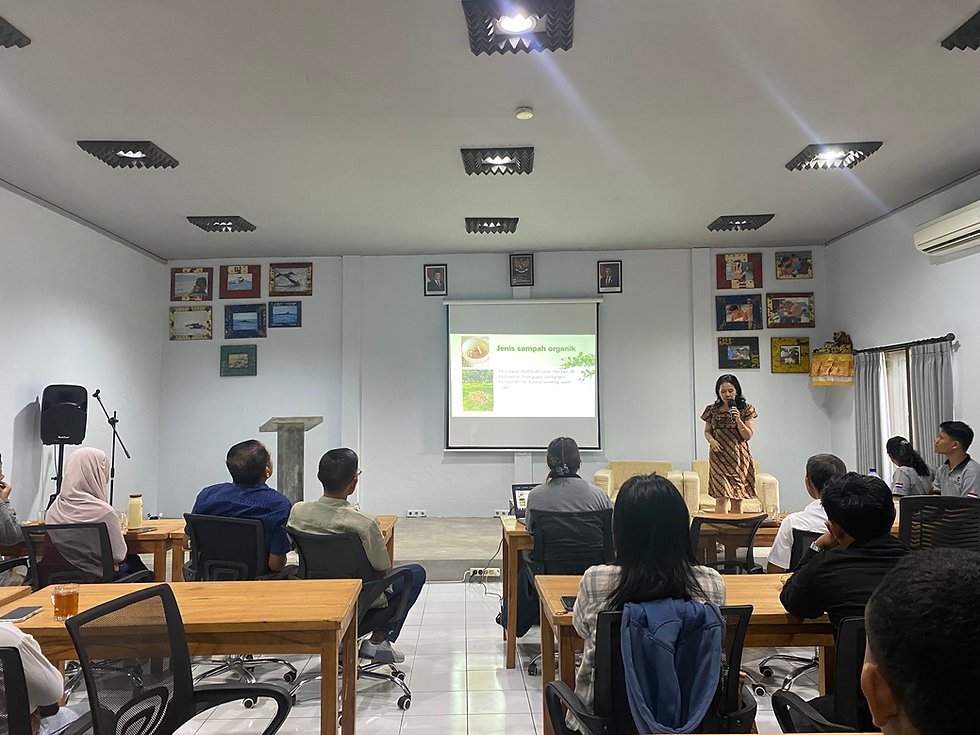Empowerment Garden: The Importance of Quick Access to Organic Vegetables for Family Food Security
- Yayasan WAI

- Apr 23, 2024
- 2 min read
Family health is crucially important and closely related to what they consume. Safe and nutritious food is the primary foundation for building a healthy family. However, the presence of chemical contamination in food can pose a serious threat to family well-being.

Unfortunately, many vegetables and fruits circulating in the market are already contaminated. In 2021, Indonesia even ranked as one of the three largest pesticide users in the world, after Brazil and the United States. The use of chemical pesticides in Indonesia reached 283 kilotons in the same year. Such contamination can occur due to the use of pesticides, chemical fertilizers, and other chemicals used in cultivation processes.

Continuously consuming vegetables contaminated with chemicals can cause health problems for families, such as food poisoning, digestive disorders, and even the risk of cancer and reproductive disorders.
In efforts to maintain family health, it is important to consider the selection and consumption of organic vegetables. Organic vegetables are grown without the use of harmful chemicals that can negatively impact health. Through this choice, we can experience several positive benefits, including better nutritional intake, environmental sustainability, and a reduction in the risk of exposure to pesticide residues.
Currently, the Waterlaken Alliance Foundation is implementing the "Empowerment Garden" program aimed at strengthening family food security. This program is carried out by planting various types of vegetables and fruits using organic farming systems.

Not only does this empowered garden fulfill the nutritional needs of families, but it also serves as a means to facilitate access to healthy vegetables.
17 families have directly benefited from the existence of this garden. Furthermore, this program has also helped improve food security for several families by providing easier access to healthy food. Thus, the role of the Westerlaken Alliance Foundation is not limited to improving family health but also in strengthening food sustainability in society.




Comments